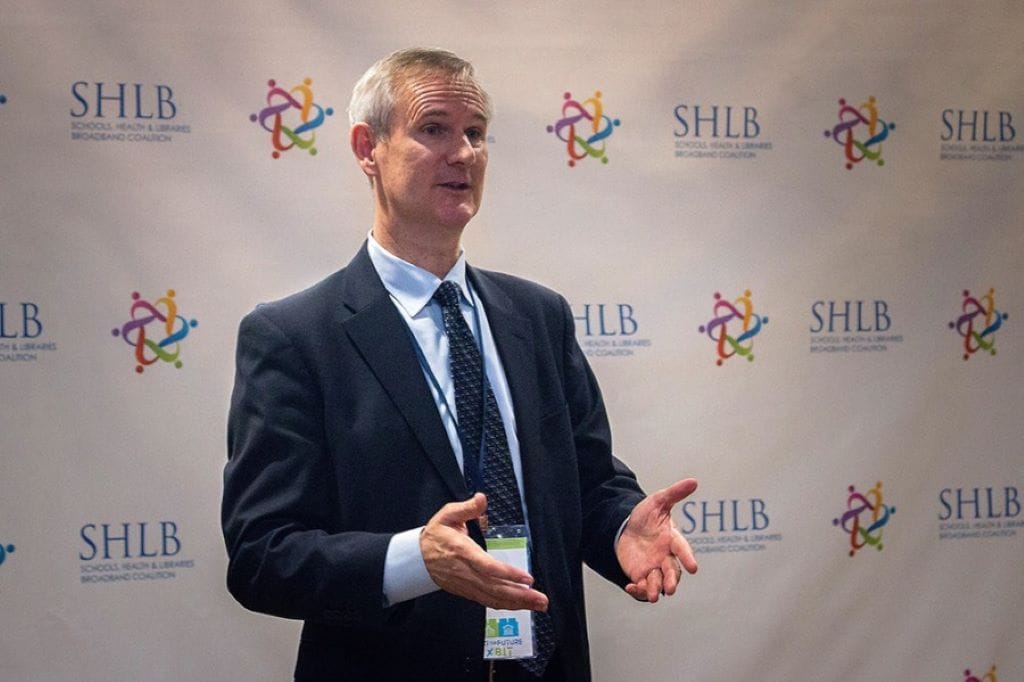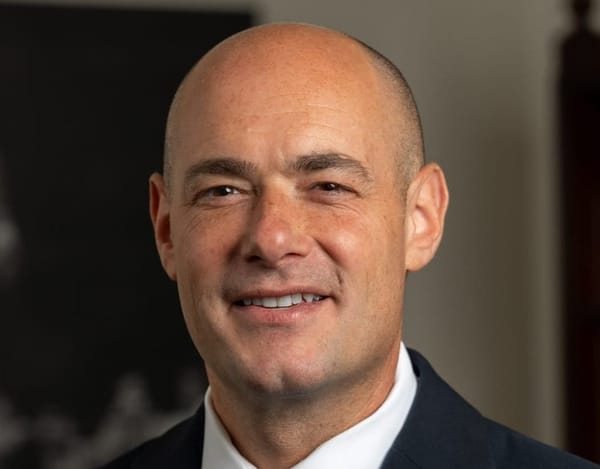Association Says FCC Not Budging on Identifying Anchor Institutions on Broadband Map
SHLB said FCC officials recommended a workaround that risked penalties.
Ahmad Hathout

WASHINGTON, March 22, 2023 – An association representing anchor institutions said in a letter Wednesday that officials from the Federal Communications Commission conveyed that they will not be changing the methodology that excludes schools and libraries from the broadband map and instead recommended a “work around” that the group said could risk penalties.
The Schools, Health and Libraries Broadband Coalition has repeatedly told the FCC that its broadband map incorrectly leaves out anchor institutions because they are categorized as non-broadband serviceable locations by virtue of the fact that they are treated as businesses that purchase commercial service rather than subscribers to “mass-market broadband internet access service,” which is what the FCC maps. SHLB has said this means institutions may not be able to get enhanced connectivity.
While SHLB has said that many small and rural libraries and other institutions subscribe to mass market service, it said in meeting notes from a Monday rendezvous with officials that the commission is “locked into” their current methodology and even recommended a “work-around” that the association said risked penalties.
According to SHLB, officials said the institutions could challenge their status on the map by representing that “they are not anchor institutions in order to change their designation.
“This recommendation is not feasible,” SHLB said. “Anchor institutions are not about to risk penalties by mis-representing themselves in such a way.”
The map, which has been extensively challenged by local governments and is updated every six months, is relied on to provide the most accurate picture of connectivity in the country and to assist federal agencies in divvying out public money. In fact, the National Telecommunications and Information Administration will use the map to determine how much each state will get from tis $42.5 billion Broadband Equity, Access and Deployment Program by June 30.
SHLB said it commissioned a study that found the “vast majority” of 200 libraries on the FCC map were “grayed out” as not broadband serviceable locations.
“If states base their funding decisions on the Map, they will not be able to provide funding to ensure that anchor institutions receive gigabit level service as called for” in the BEAD program, SHLB said in the letter.
The association also said that information presented to it by the FCC during the meeting suggests the map “significantly overstates the areas that are served.”








Member discussion